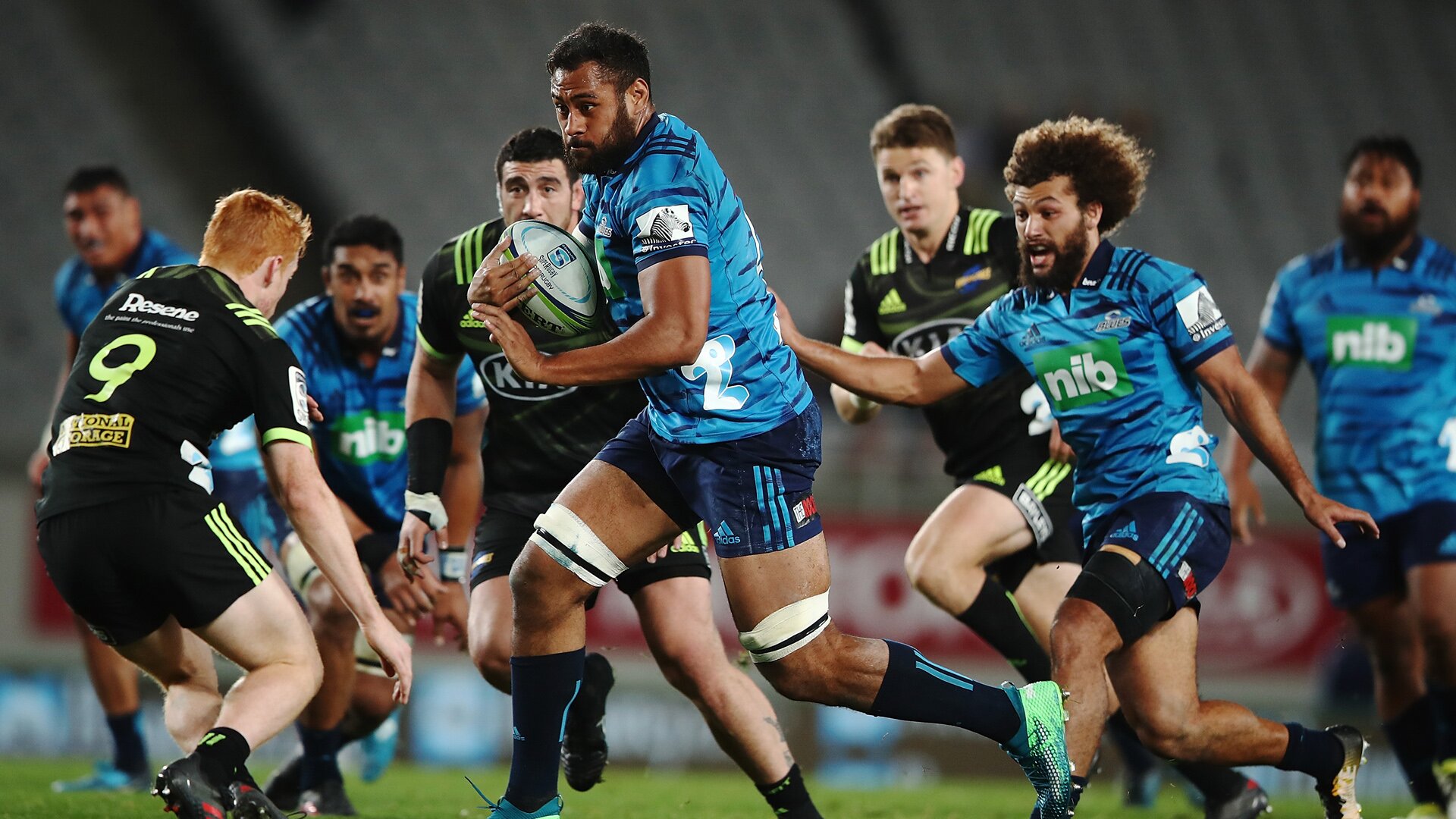John Hart's plan to end the Blues' 'endemic failure'

Former All Blacks coach John Hart, recently appointed to the Blues board after a restructure, has revealed how he plans to turn the Super Rugby club around.
“We had a two-hour workshop where the chairmen, CEOs, high performance managers and coaches of Auckland, North Harbour, Northland and the Blues sat down with our board,” Hart told Stuff. “I came away very heartened that we’re going to look at how we could do things better, how our academies could work better, and how we could co-ordinate better. I don’t think a lot of that has happened in the past.”
After experiencing success during the early days of professional rugby, the Blues have struggled of late and have failed to make a playoff appearance since 2011. Their ninth-place finish last season was their best since that last finals appearance.
“None of us can hide from the fact that the Blues haven’t performed for a number of years,” Hart continued. “There was a cohesive approach around the board table to say ‘how can we get better?’ We want the Blues to win but we’ve got to be realistic: we’re coming off a bad run and it’s going to take some time.
“In the past, while there was contact between the top people, there hasn’t been a cohesion. We can help with that, but it’s the people in the organisation who have to make it work.”
Hart believes new Blues head coach Leon MacDonald will be key, with his experience and success with the Crusaders and Tasman earning him the top role.
“He’s a bright young coach with a lot of qualities. He was a good player, a good person and he’s a good coach. If we all give him space and support he can make a wonderful contribution to the Blues long-term,” Hart said.
MacDonald has taken over from Tana Umaga, who remains with the side as an assistant. The pair are joined by former North Harbour coaches Tom Coventry and Daniel Halangahu.
“They’ve got a really good team. Tom [Coventry] is a very good coach too and retaining Tana brings continuity and knowledge.”
Hart is aware that the side won’t transform instantly, but is confident that strides in the right direction have already been made.
“It’s about getting performances on the field and rugby systems in place to create long-term success,” adds Hart. “That’s not going to happen overnight.”
“We’ve got to do a better job of being cohesive. If we want our coaches and players to come from the region we’ve got to grow our talent coming through North Harbour, Northland and Auckland into the Blues.
“That doesn’t mean they have to learn their craft here. Alama Ieremia is a good example of that. He’s led a step change in what Auckland has done, on and off the field. The Blues will benefit from that immensely.
“There has been endemic failure in Auckland and the Blues for a while. I’m a life member of the Auckland union and I’m proud of what they’ve done this year. It’s a great step forward, and we’d be silly not to learn from those things.”
The Blues kick off their season against the Crusaders in February.
In other news:
















